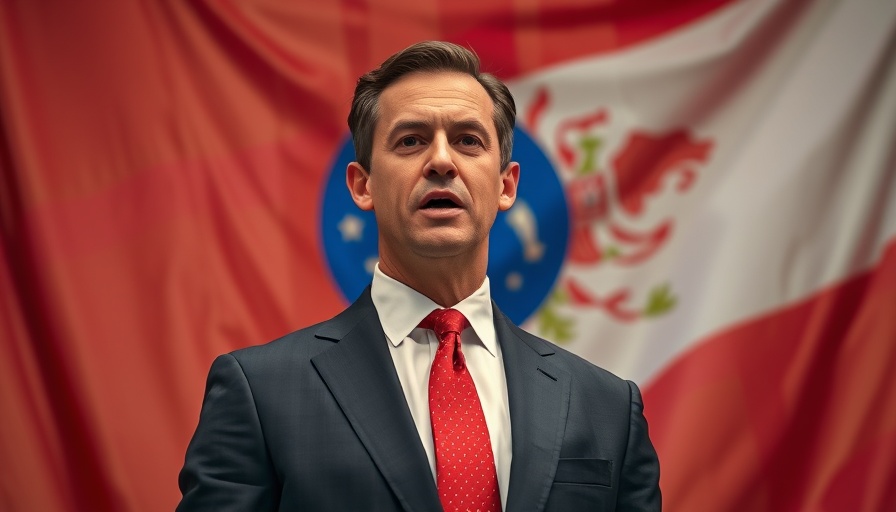
US Court Dismisses All Subpoenas Against PM Browne: A Vindication
In a significant ruling, the United States District Court for the Southern District of New York quashed all subpoenas related to a supposed corruption investigation against Prime Minister Gaston A. Browne of Antigua and Barbuda. This decision marks a pivotal moment in the ongoing legal saga involving Browne, who has faced allegations stemming from actions connected to a yacht owned by a sanctioned Russian national.
Understanding the Court's Decision
Judge Jesse M. Furman determined that the request for subpoenas from Yulia Guryeva-Motlokhov, the daughter of the yacht's owner, failed to meet essential statutory requirements. The court's memorandum emphasized that the subpoenas were without merit, describing the applicant's case as lacking legal foundation and aimed at harassment rather than legitimate inquiry.
The Government's Reaction and Future Implications
Prime Minister Browne and Attorney-General Sir Steadroy Benjamin welcomed the ruling, seeing it as a complete vindication of their positions. Browne stated, "Today’s decision is complete vindication," emphasizing the integrity of the institutions in Antigua and Barbuda. Attorney-General Benjamin expressed hope that this outcome would deter future attempts to misuse foreign legal processes for political aims.
What This Means for Antigua and Barbuda
This ruling represents more than just a legal victory for Browne and his government; it reflects the broader struggle for national sovereignty and the protection of governmental integrity in a global context. The government asserts its commitment to transparency and the rule of law, indicating that it will resist any attempts—whether domestic or foreign—to undermine the reputations of its officials.
Relevance to Current Events in Political Landscapes
The case of PM Browne illustrates ongoing themes in global politics, where political figures are sometimes targeted through international courts for their governance decisions. This situation highlights the vulnerabilities that leaders can face in an increasingly interconnected world, where legal systems may be weaponized for political ends.
Encouraging Accountability and Vigor in Governance
In the wake of this ruling, Antigua and Barbuda is poised to reinforce its governance principles. By firmly establishing a legal precedent that discourages baseless claims against leaders, the country can foster a political environment that prioritizes accountability alongside national pride. The government’s strong stance serves to inspire confidence among its citizens and allies alike.
In conclusion, the quashing of these subpoenas not only represents a crucial legal precedent for Antigua and Barbuda but also affirms the nation's commitment to defend its institutions against unwarranted attacks. The global community is watching, and this ruling may set the stage for similar legal battles in the future.
 Add Row
Add Row  Add
Add 




Write A Comment